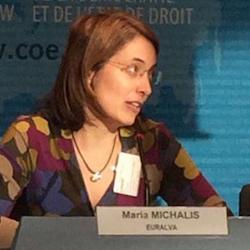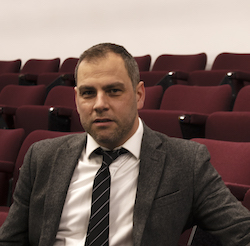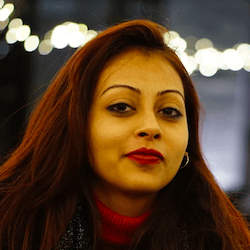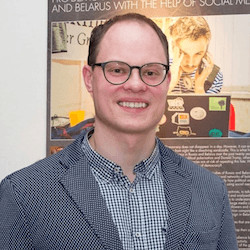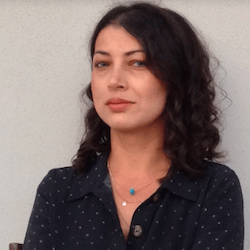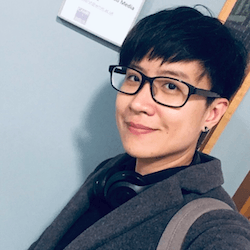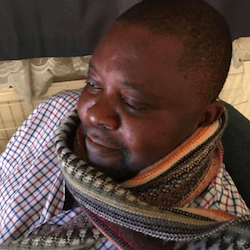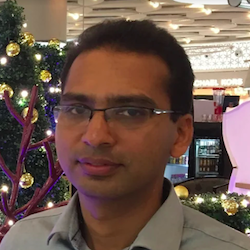The Digital Media research group conducts and promotes research into social, cultural, political, economic and technological aspects of digital media and communication. Its emphasis is on the characteristics of the digital in mediated communication, and on their social implications. It draws on both the social sciences and the humanities. Its research themes include:
Social aspects: news and journalism; media and data literacy; ethics; algorithms, data and society; censorship; misinformation and disinformation; digital divides.
Technological aspects: AI; the internet of things; sensors; blockchains; Augmented, Virtual and Mixed Realities; TV and broadcasting platforms; alternative infrastructures.
Political aspects: social movements; political communication; policy and regulation; democracy; activism; campaigning; grassroots movements; alternative media; populism.
Economic aspects: platform economics; convergence; commons; copyright and intellectual property.
Cultural aspects: social media; visual cultures; remix cultures; memes; narrative and storytelling; gender; sexuality; identity.
Objectives
- Conduct world-leading research on digital media and communication.
- Develop a collaborative ethos for digital media researchers.
- Communicate research through publications, events, workshops, conferences and other activities.
- Champion the research-teaching nexus and the importance of research-led teaching.
- Secure external research funding.
- Attract doctoral and post-doctoral researchers.
- Collaborate with internal and external researchers, groups and institutions.
- Provide research-based resources for policy makers and for knowledge transfer.
The group is facilitated by Professor Graham Meikle and Dr Pieter Verdegem of CAMRI. Membership is open to all Westminster staff and research students.









